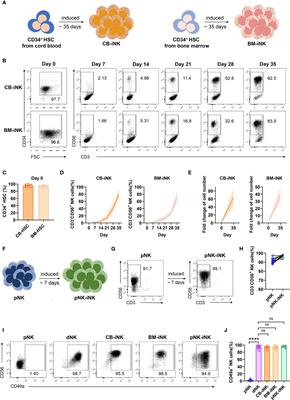ORIGINAL RESEARCH
Published on 18 Oct 2022
T-BET drives the conversion of human type 3 innate lymphoid cells into functional NK cells
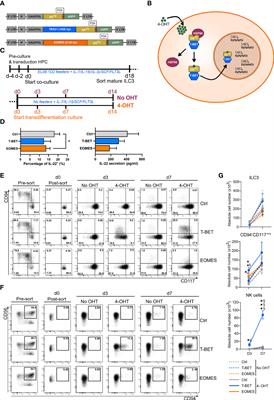
doi 10.3389/fimmu.2022.975778
- 1,800 views
- 6 citations
16k
Total downloads
46k
Total views and downloads
ORIGINAL RESEARCH
Published on 18 Oct 2022

ORIGINAL RESEARCH
Published on 12 Aug 2022
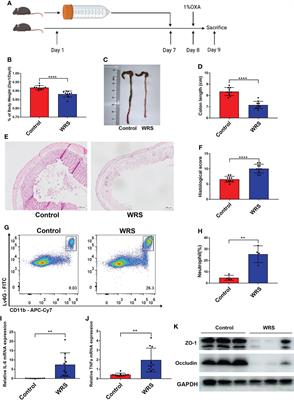
ORIGINAL RESEARCH
Published on 27 Jun 2022
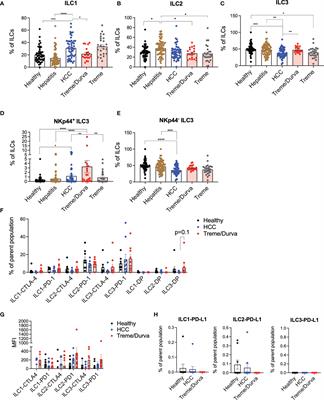
ORIGINAL RESEARCH
Published on 22 Jun 2022
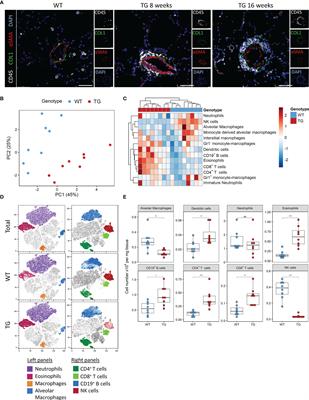
REVIEW
Published on 17 Jun 2022
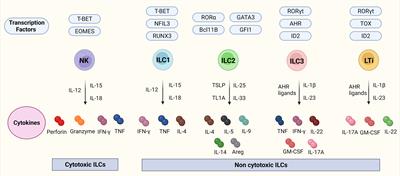
REVIEW
Published on 19 May 2022
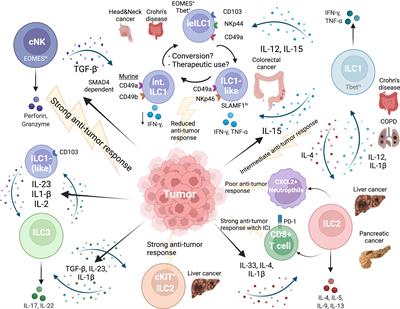
REVIEW
Published on 10 May 2022
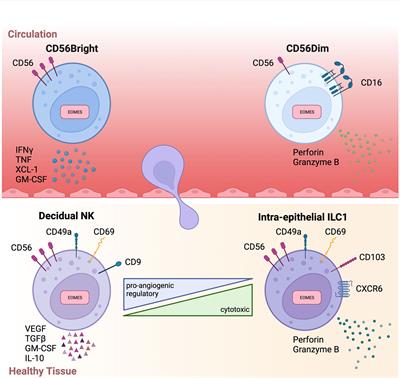
REVIEW
Published on 29 Apr 2022

ORIGINAL RESEARCH
Published on 04 Feb 2022
